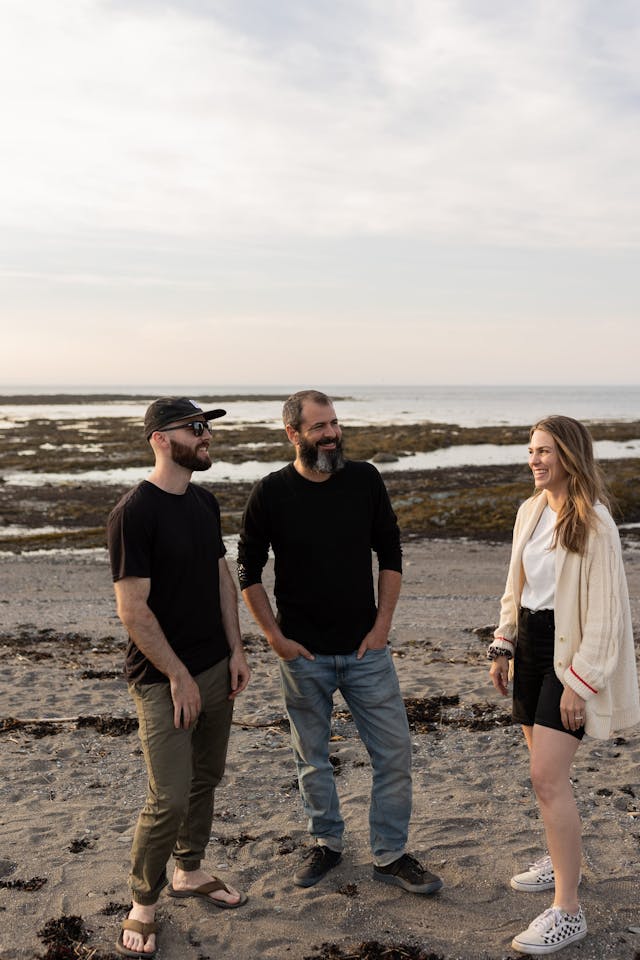Restaurants like Oncle Lee are a new breed for Montreal.
While the city's not exactly a stranger to a newer generation of Chinese restaurants, few—if any—have gone the lengths to offer an alternate take on the cuisine.
Newer spots will often solely focus on the classics and, while executing them well, seldom go outside the bounds to play with flavours, techniques, and traditions of the source material.
That's the space where chef Andersen Lee's contemporary Chinese restaurant Oncle Lee plays, jumping in between the chef's coming-of-age and culinary cultures to create something that's wholly of and by Montreal.

For readers who care about Montreal
Create a free account to read this story and access 3 articles per month, plus our weekly Bulletin.
Independent. Local. Reader-supported. Join 10,000+ Montrealers today.
Already a member? Sign in








![The Bulletin: Bus shelter acrobatics, Lunar New Year raves, and Slavic crêpes [Issue #169]](/_next/image?url=https%3A%2F%2Fthemain.ghost.io%2Fcontent%2Fimages%2F2026%2F02%2F51607__F03EE024-17D7-4FB4-B04CC09961F21468-1.jpg&w=256&q=75)




![The Bulletin: A 24hr Quartier Latin, Jurassic Park, and a LOT of new restaurants [Issue #60]](/_next/image?url=https%3A%2F%2Fthemain.ghost.io%2Fcontent%2Fimages%2F2024%2F01%2FScreen-Shot-2024-01-17-at-8.56.49-PM-1.png&w=640&q=75)


![The Reeds: A Novel [Stamped by Author]](/_next/image?url=https%3A%2F%2Fcdn.shopify.com%2Fs%2Ffiles%2F1%2F0601%2F1709%2F0544%2Ffiles%2FIMG_9098.heic%3Fv%3D1730301494&w=3840&q=75)